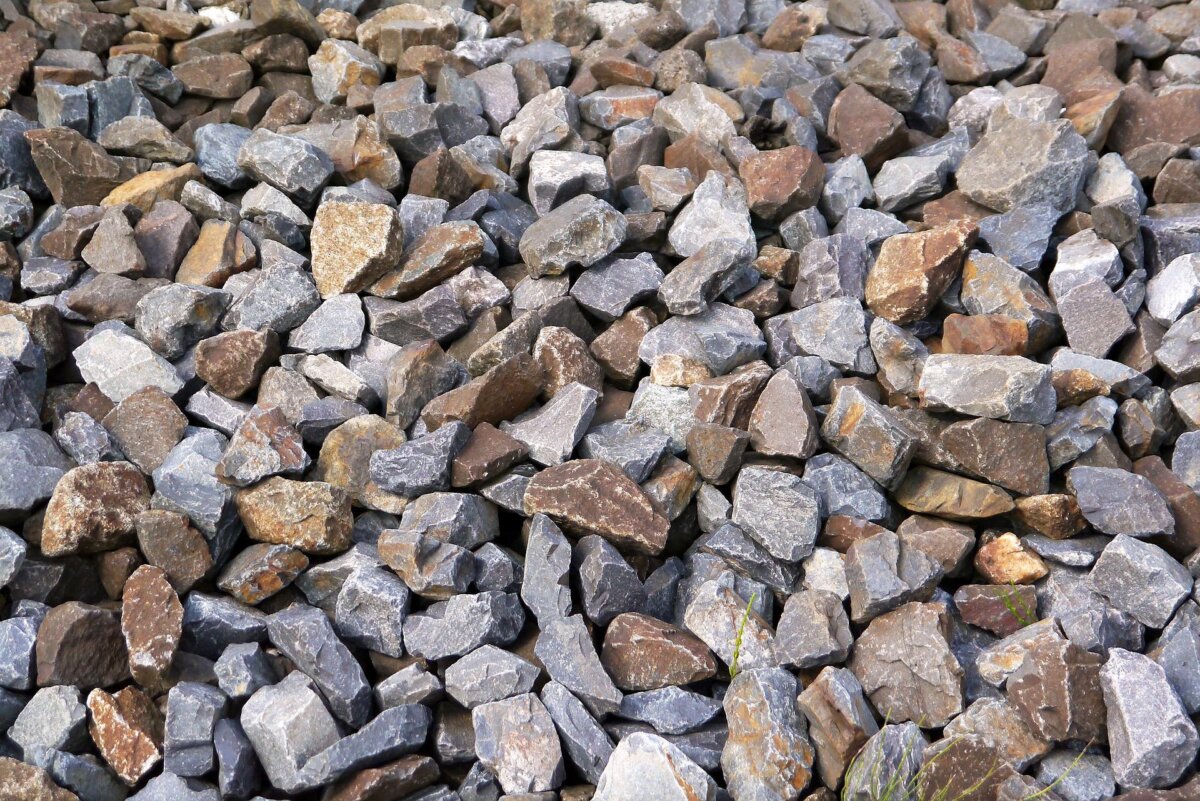Despite the climate crisis and the extinction of species, more and more green spaces are disappearing under concrete, stone gabions, crushed stone and gravel. So-called gravel gardens are not only hostile to insects, birds or hedgehogs. They are also bad for the local climate and water balance because they heat up a lot and cannot store rainwater. Many garden owners have recognized that the trend is not a good one. The City of Offenbach’s unsealing guidelines can help owners to green their properties. Since January 1, 2022, the city of Offenbach has been financially supporting the removal of sealed floors and their greening on private properties. Front gardens, inner courtyards, sealed areas in the rear building, but also parking areas or driveways are possible. Interested parties can find more information at www.offenbach.de/entsiegelung.
Building law in Germany is federally regulated, each federal state has its own building legislation. However, to ensure that the individual state building codes are not designed completely differently, the federal government creates a framework in the form of the model building code (MBO), which the states usually use as a guide. The state building regulations of the federal states regulate, among other things, how “undeveloped areas of developed land” are to be designed. They thus form the specification for municipal land use planning, i.e. implementation on site.
Currently, all 16 state building codes stipulate that areas that are not built over are firstly to be left or created to be water-absorptive and secondly to be greened or planted. From a nature conservation point of view, this is a sensible regulation, since a new residential area, for example, represents a significant encroachment on nature. Unsealed garden areas can serve to at least partially compensate for the negative effects.
Gravel gardens generally run counter to the provisions of building law
Gravel gardens therefore generally run counter to the provisions of building law, especially those with a fleece underlay. Because all state building codes state that areas of developed land that are not built over must be designed to be water-permeable and greened or planted. Gravel gardens are therefore already not permitted – even in Offenbach, regardless of an explicit ban.
Nevertheless, in many places there seems to be a lack of clarity about what is and is not permitted. Stipulations in new development plans and municipal statutes that explicitly prohibit gravel gardens are basically only to be understood as a clarification of the existing ban from the state building regulations.
In order for wild plants and animals to be able to colonize an existing gravel garden again, the missing fine grain proportion must be increased and compost must be added. If there is a partition, it should be removed and disposed of properly, as it prevents water from seeping away and soil organisms from migrating to the surface of the soil and using the fallen leaves and building up humus. Foil and fleece are also bad for soil and soil organisms. They are usually made of plastic, which breaks down into smaller and smaller plastic particles, i.e. microplastics, over time. Ultimately, microplastics can no longer be extracted from the ground.
Gravel bed convertible to artificial dry site
In this way, a dry site can be created from a lifeless bed of gravel, such as that found on rough meadows, scree slopes or rocky slopes. The effort is worth it, because the result offers insects and other animals plenty of food and requires little maintenance. If the existing gravel is reused and sand and compost are added, an artificial dry site is created. In nature, this corresponds to very dry rocky slopes or poor meadows. There are many highly specialized plants and animal species that can be offered a new home in the settlement area. Wild flower meadow mixtures for lean locations as well as heat-loving small shrubs and wild perennials do well in such extreme locations.
(Text: PM City of Offenbach)
